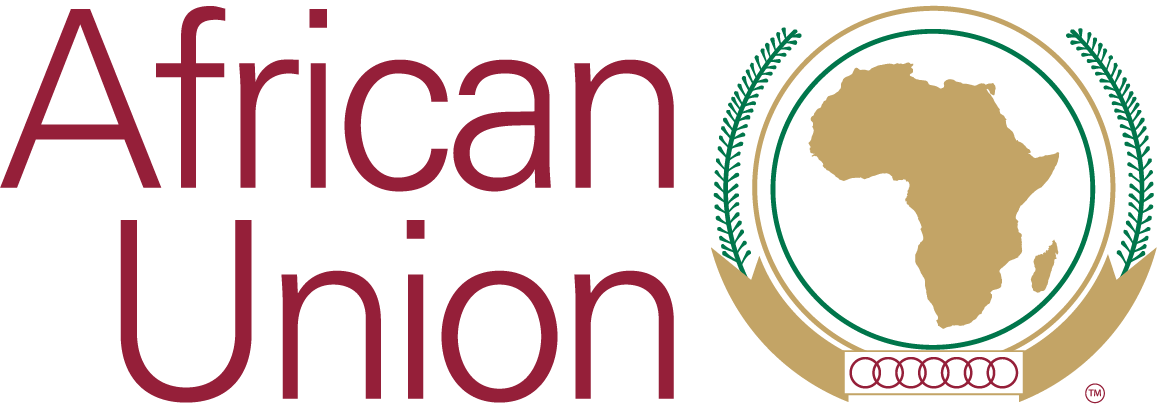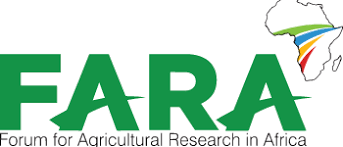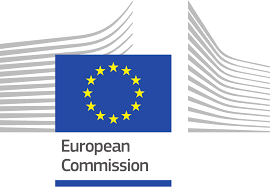4th AU-EU agricultural ministerial conference
The fourth African Union (AU) – European Union (EU) agricultural ministerial conference took place on 22 June 2021, co-hosted by the African Union Commission and the European Commission.
The conference, was held under Portugal’s EU Council Presidency, and followed previous conferences in 2016 (in Noordwijk, the Netherlands), 2017 and 2019 (both in Rome, Italy). The 2017 conference advanced a number of concrete deliverables that fed into the fifth AU-EU summit of November 2017 (held in in Abidjan, Côte d'Ivoire), while at the 2019 conference, AU and EU member states endorsed a Political Declaration and Action Agenda for the transformation of rural Africa.
The fourth conference enabled AU and EU agriculture ministers to exchange views and share best practices on the development of more sustainable food systems, also in the context of responding to the COVID-19 pandemic.
The event included four high-level thematic sessions that enabled in-depth discussion on issues with a strong potential for enhanced EU-AU cooperation. The conference closed with a plenary session that brought together rapporteurs from each panel group who reported from the morning thematic sessions, followed by conclusive remarks by the AU and EU Presidencies, the AU Commissioner Josefa Sacko, and the EU Commissioner Janusz Wojciechowski.
Link to Europa's official page with all the sessions: LinkDuring session 2 Beatrice Egulu (AUC-ARBE) and Giampiero Genovese (EC-JRC) introduced PANAP with the studies that have been performed since its launch in November 2019. Presentation
Presentation by Beatrice Egulu and Giampiero Genovese
During the chair conclusions PANAP is included as part of Panel 2 "Agriculture research and innovation for soil health, agro-ecology and other innovative approaches" and Panel 3 "Use of digital solutions in agriculture to combat diseases and to strengthen rural communities", regarding how the data and information provided by the network can help policy makers taking timely decisions. Conclusions





